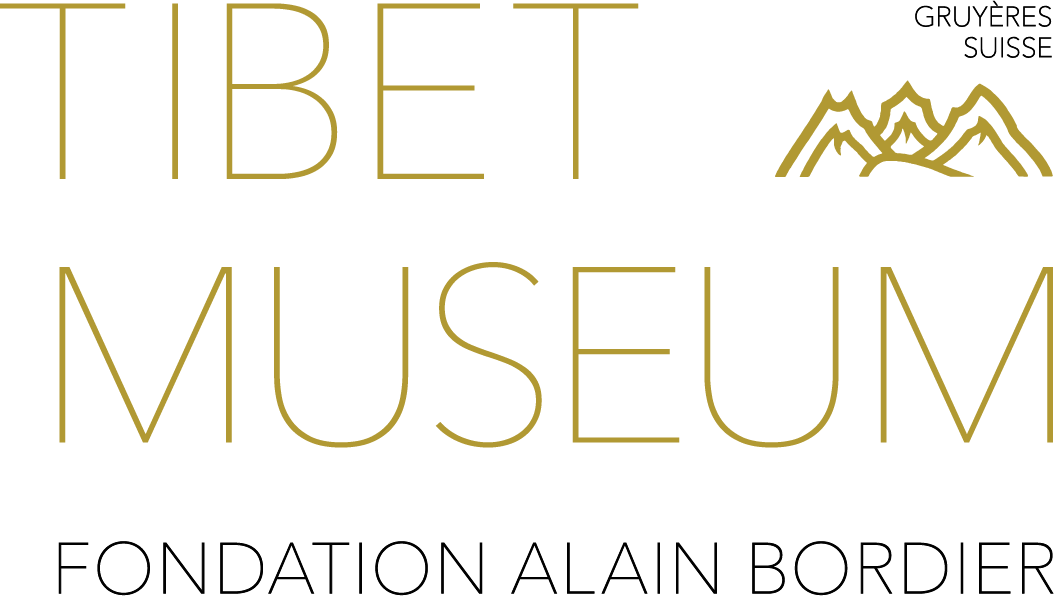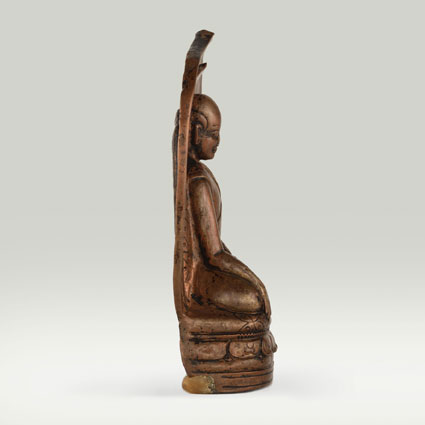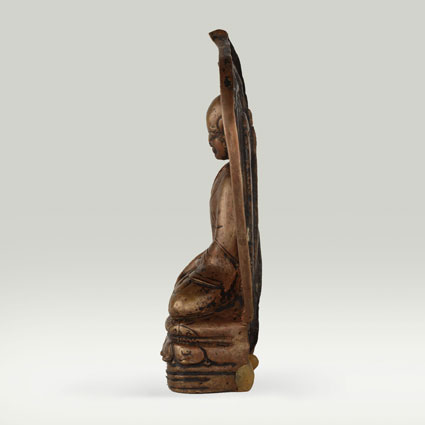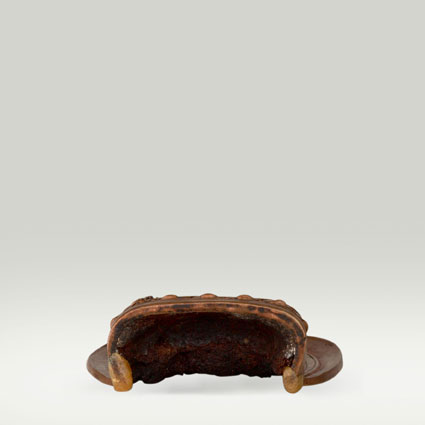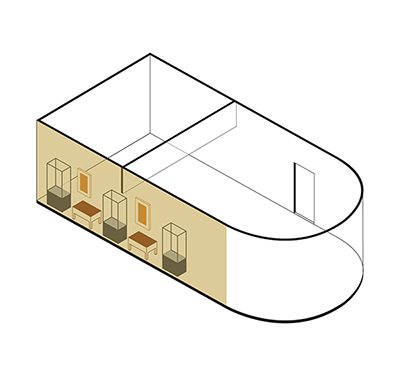ABS 150
Code: ABS 150
Country: Tibet
Style:
Date: 1200 - 1300
Dimensions in cm WxHxD: 7.3 x 13 x 3.4
Materials: Embossed copper
Embossed copper; manufactured in one piece.
The lotus petals, cushion and throne back are decorated with encarved ornaments.
The back side of the monk is filled with black clay core of the type encountered with cast images. It is therefore possible that parts of the sculptures were cast.
The unidentified monk with distinct facial expression of a portait like nature is seated in the diamond attitude (vajraparyanka) on a decorated cushion mounted upon a single lotus throne with a decorated upper border. the left hand rests in lap, while the right hand is extended in the gesture of touching the earth (bhumisparsa-mudra). He is clad with monastic garments leaving the right arm uncovered. The monk is seated against a throne back decorated with engarved ornaments and is encircled by an aureole (prabhamandala), the head is set against a pointed nimbus.
This monk portait is from he stylistic point of view rather unusual and is difficult to find similar works in the existing literature on Tibetan sculptures.
The lotus petals, cushion and throne back are decorated with encarved ornaments.
The back side of the monk is filled with black clay core of the type encountered with cast images. It is therefore possible that parts of the sculptures were cast.
The unidentified monk with distinct facial expression of a portait like nature is seated in the diamond attitude (vajraparyanka) on a decorated cushion mounted upon a single lotus throne with a decorated upper border. the left hand rests in lap, while the right hand is extended in the gesture of touching the earth (bhumisparsa-mudra). He is clad with monastic garments leaving the right arm uncovered. The monk is seated against a throne back decorated with engarved ornaments and is encircled by an aureole (prabhamandala), the head is set against a pointed nimbus.
This monk portait is from he stylistic point of view rather unusual and is difficult to find similar works in the existing literature on Tibetan sculptures.
